Safety first: Why this Chinese school is asking all students to wear helmets to school
As schools are held liable when students get injured for whatever reason, some Chinese schools have taken to implementing measures such as making all students wear helmets to school - whether or not they ride scooters or motorcycles - and restricting their movements in between classes. What effect is this having on schools, parents and children? How much is too much?
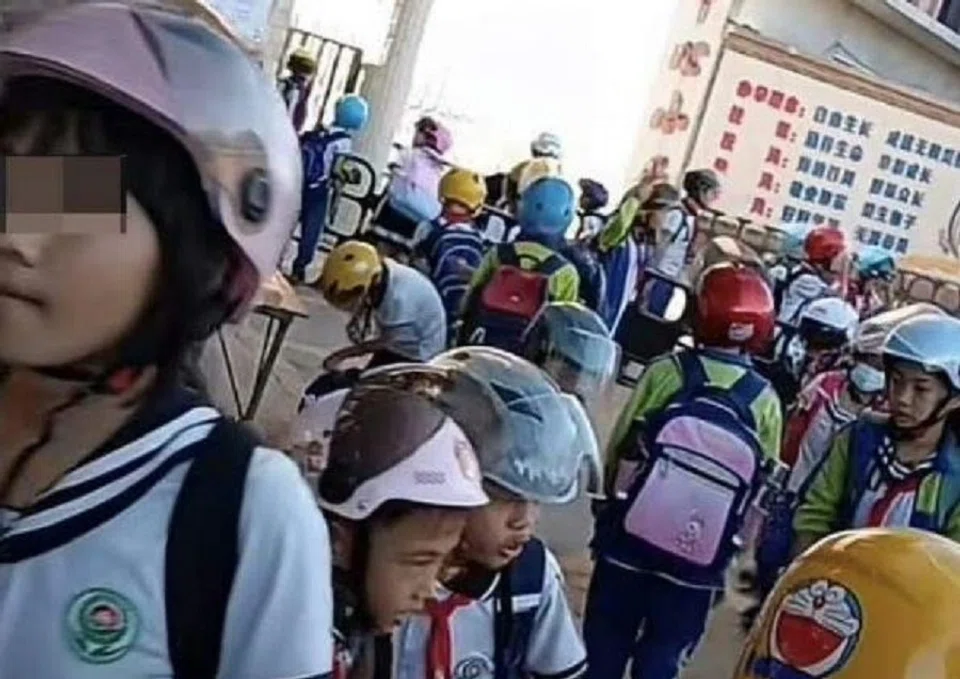
Recently, news of a primary school in Xuwen county, Zhanjiang city, requiring all students to wear helmets to and from school triggered a furore on the internet.
The local education bureau staff said via China National Radio on 4 November that it is part of the Zhanjiang education bureau's standard regulations for all students to wear a helmet when riding on electric scooters and motorcycles for safety reasons. However, the school has taken the policy too far by making primary school students who walk to school also wear helmets. The education bureau has asked the school to correct its stance such that students who walk to school or ride in small vehicles do not need to wear helmets.
However, this is not the only primary school to roll out such one-size-fits-all measures based on safety reasons.
Two weeks ago, another school also suffered an internet backlash for implementing rules in the name of safety - it forbade its primary and secondary school students to leave their classrooms during short breaks unless they needed a toilet break or to drink water. While China's Ministry of Education responded on 3 November that such practices will be rectified, there are growing signs that safety has become the top consideration for primary and secondary schools in China when it comes to campus management.
In the name of safety?
While students should wear helmets when riding on electric scooters or motorcycles to ensure traffic safety, this should come under the charge of the traffic department and traffic police.
"We once studied the biggest source of stress for schools and teachers and found that student safety topped the list." - Professor Wang Yun, Beijing Normal University
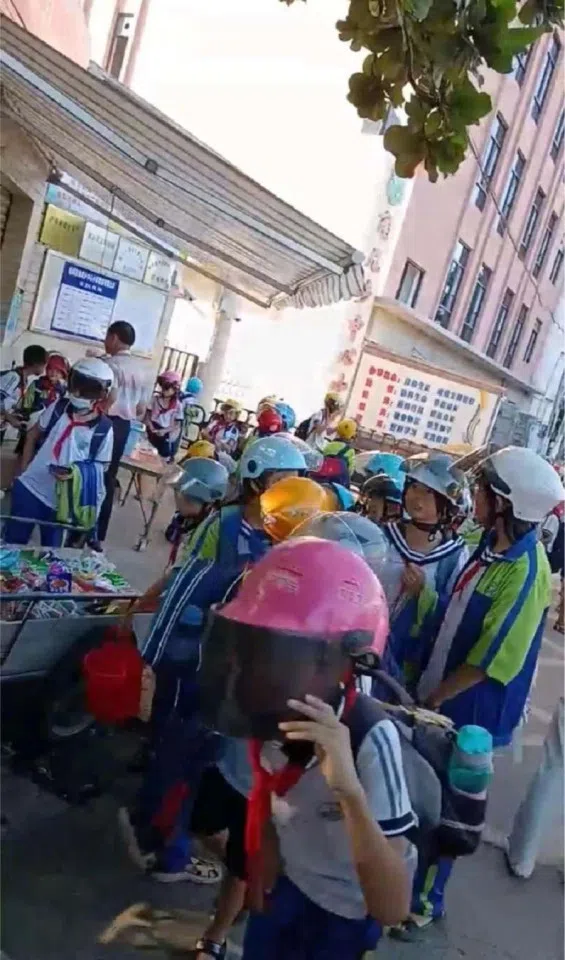
In a commentary for The Beijing News, Education expert Xiong Bingqi said that to the authorities, the most effective way to ensure compliance for students wearing helmets on motorcycles and electric scooters is for schools to conduct checks and ban errant students from entering the school. But because this was difficult to implement, schools simply asked all students to wear helmets.
While it appears that education departments and schools are passively receiving instructions and thoughtlessly implementing them, it in fact shows how nervous schools are about safety - schools can hardly escape liability should students get into accidents on their way to and from school.
Professor Wang Yun of Beijing Normal University told The Paper, "We once studied the biggest source of stress for schools and teachers and found that student safety topped the list."
Schools are especially sensitive to students getting into fights and accidents because of the responsibility they have to bear.
In the name of safety, Chinese schools have implemented some measures that would be puzzling at first glance. The China Youth Daily reported that a primary school in Ningbo had removed all playground slides and metal bars out of safety concerns, and also cancelled spring and autumn excursions. Prior to this, it was revealed that Hengshui No. 2 High School added railings to the windows of all classroom buildings to prevent students from committing suicide.
On Weibo, a netizen whose IP address is in Beijing claimed that their high school does not have windows.
'Unlimited liability'
Schools are especially sensitive to students getting into fights and accidents because of the responsibility they have to bear. An education research centre (蒲公英教育法治研究中心) focused on school safety issues found in a survey released in 2021 that over 50% of 427 primary and secondary school safety issues recorded between 2020 and 2021 were accidents due to students playing around.
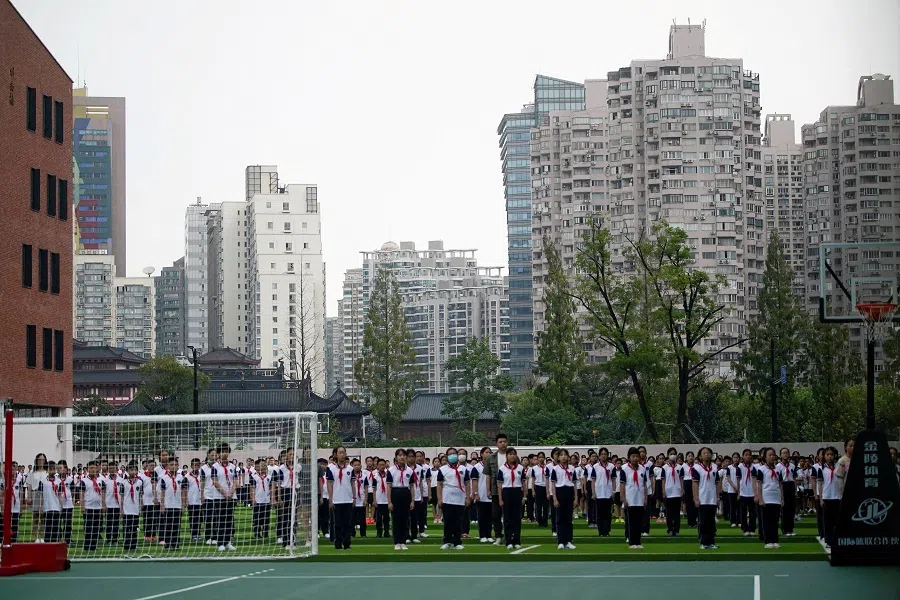
Of these cases, 89.23% of the schools sued were found to be in breach of their duties for failing to fulfil their educational management responsibilities. Aside from financial compensation, the careers of relevant teachers and management staff were also affected.
Li Wen, director of aforementioned education research centre, told Jiefang Daily that based on the Measures for the Handling of Student Injury Accidents, whether the school is legally liable depends on whether the school has fulfilled its responsibility for educational management. These responsibilities include educating students about safety before accidents occur, detecting and stopping accidents as they occur, and notifying and assisting after accidents occur.
Li pointed out that in specific judicial practice, "few schools can escape liability - schools will be held liable one way or another".
...frontline teachers are often the ones to bear the responsibility... - Chu Zhaohui, Researcher, China National Academy of Educational Sciences
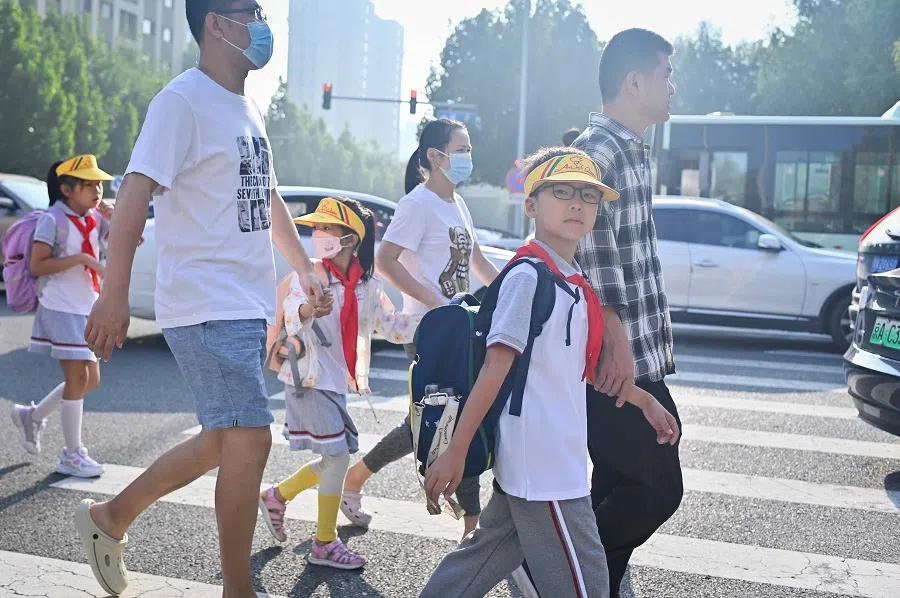
Chu Zhaohui, a researcher at the China National Academy of Educational Sciences, pointed out that schools are prone to "maintaining stability" (维稳) when a safety incident occurs. Out of fear that parents would cause trouble, affecting the school's reputation and the teachers' careers, schools would often offer financial compensation. In the long run, parents are emboldened to make a scene, while the school is put in a vulnerable position.
Chu said that frontline teachers are often the ones to bear the responsibility - "even if some of the teachers involved are not responsible for the incident, they will also be punished". He added that while frontline teachers have great responsibilities, they have little authority, which is why no one feels safe. He thinks that the root of the problem is the hazy boundary between responsibility and authority in schools. He noted, "The school no longer bears limited liability, but has to bear unlimited liability."
While safety is indeed important, the crude approach of controlling rather than educating does not necessarily lead to safety and could have detrimental effects.
Crude measures ineffective
The pressure to ensure school safety comes from parents and managerial departments. Facing such pressure, schools are coming up with control measures that appear crude, excessive and ineffective.
In the case of the school in Xuwen county, it can only check if students are wearing helmets when they enter the school gate, and will never know if they are wearing helmets on the way to school. Such a safety measure can hardly monitor and supervise the students - it is more of a formality.
Also, although students are only allowed to visit the restrooms between lessons, the school cannot stop them from getting into fights in the toilet, and many incidents of bullying and violence occur in restrooms.
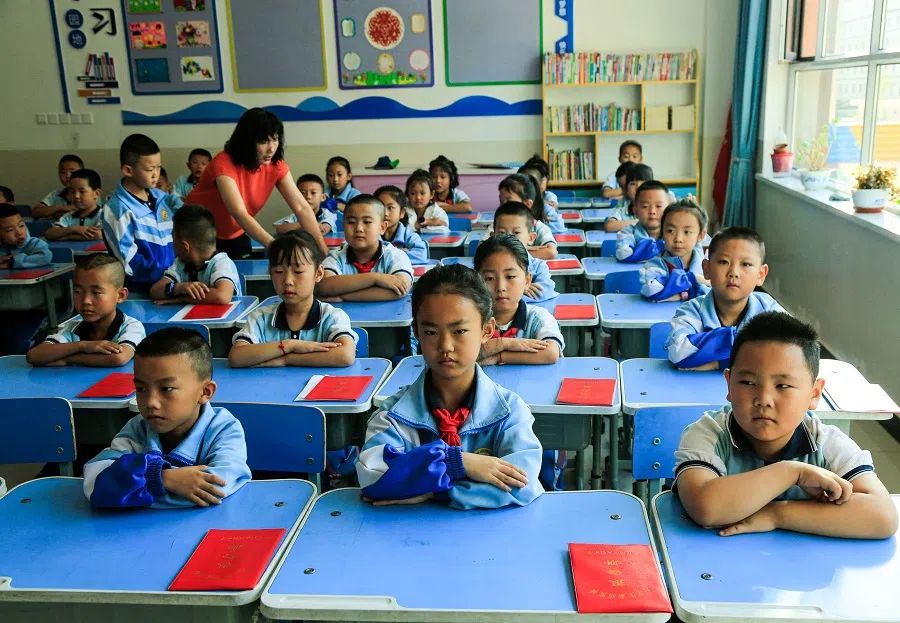
On 16 September 2021, two secondary three students from Xiangjiang River Middle School in Qibin district, Hebi city, Henan province, got into a fight in the toilet, with one stabbing another in the back with a dagger. Public security authorities were involved in the investigation, while the education and sports bureau suspended a few school staff.
While safety is indeed important, the crude approach of controlling rather than educating does not necessarily lead to safety and could have detrimental effects. Students are deprived of necessary breaks and outdoor play, while teachers have to deal with a heavier administrative workload. The formalistic culture in schools is also exacerbated.
Looks like the safety concerns of schools and parents in China are another structural issue that is hard to solve at its roots; strange ideas to ensure safety and stability will continue to emerge from time to time, as will efforts to rectify them.
This article was first published in Lianhe Zaobao as "小学生戴头盔上学惹议 学校对安全太敏感?".




![[Big read] When the Arctic opens, what happens to Singapore?](https://cassette.sphdigital.com.sg/image/thinkchina/da65edebca34645c711c55e83e9877109b3c53847ebb1305573974651df1d13a)
